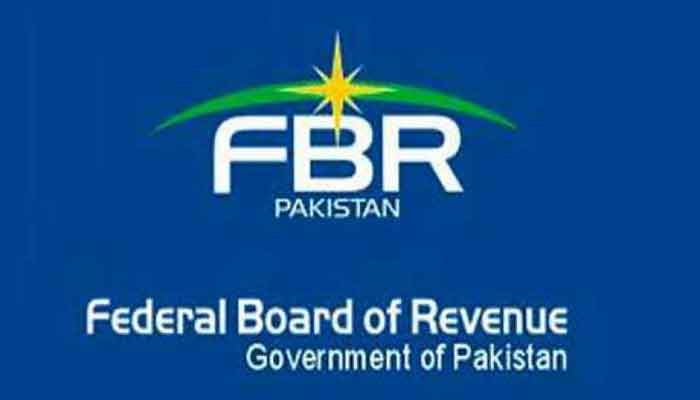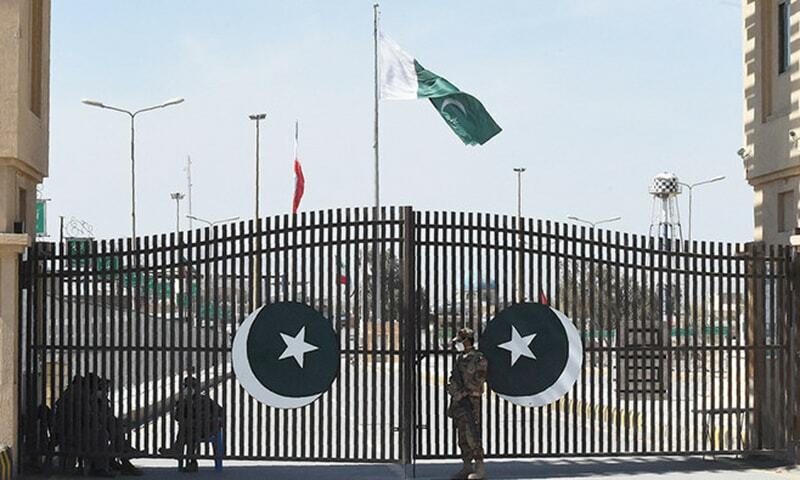FBR to freeze bank accounts without warning
SLAMABAD: Federal Board of Revenue (FBR) on Monday revoked the clause that made it mandatory for taxmen to warn defaulters 24 hours before freezing their bank accounts, which tax lawyers dubbed as harassment and a dent to ease of doing business.
Back in the day former FBR chairman Shabbar Zaidi had made it mandatory for the tax collectors to intimate defaulters before suspending their account, keeping the FBR chairperson in loop.
“I am further directed to state that in order to implement the law in its true spirit and to re-vest the power vested in the institution of the Commissioners viz-a-viz action under Section 140 of the Income Tax Ordinance, 2001, the instructions referred supra are hereby withdrawn ab-initio,” said Hammad Hussain Jaffri, Secretary Inland Revenue Operations FBR, in an official notification on Monday.
“The field formations may accordingly exercise the powers vested under SRO 274(1)/2020 dated April 2nd, 2020 and Section 48 of the Sales Tax Act, 1990 for recovery of outstanding demands. This is issued with the approval of the Chairman, FBR,” the notification added.
President Karachi Tax Bar Association (KTBA) Muhammad Zeeshan Merchant said it was tantamount to harassment of the people who were already paying taxes. “Do taxpayers have any rights?”
Merchant said it would only add to the misery of taxpayers. “It’s very sad. Instead of gaining their confidence, the tax authority is disillusioning the taxpayers,” he added. “FBR again chooses to burden the people who are already in the tax net. Why not go for non-filers and increase the number of people in the tax net?” he added.
Karachi Chamber of Commerce and Industries (KCCI) President Mohammad Idrees said the government had been claiming to improve the ease of doing business but this would increase the concerns of the business community.
“This move will only reduce the ease of doing business in the country and certainly shatter the trust and confidence of the business community,” the KCCI official said. Talking to The News, former chairman FBR Shabbar Zaidi said he had taken the initiative to reduce the taxpayers’ harassment by the tax officials and was disappointed to see it withdrawn.
“I am personally sorry to hear the withdrawal of the first instruction issued when I joined as chairman FBR,” said Zaidi. “[There should be] no freezing of bank accounts without intimation and approval from chairman FBR. Due to this there was a major relief to taxpayers. I urge the Prime Minister, Finance Minister, and Chairman FBR to reinstate it [the withdrawn clause]


